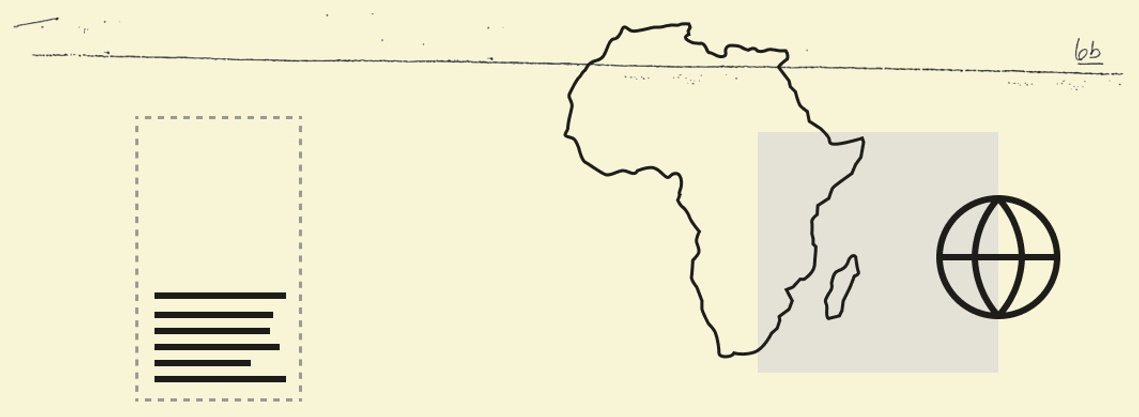 Business & Macro🇰🇪 Kenya raised $549 million from auctions of three treasury bonds this week, exceeding its target. 🇿🇦 Jameel, a Saudi Arabian vehicle distributor, plans to begin sales of SUVs and electric cars by China-owned automaker Changan in South Africa from the fourth quarter of this year with a $27 million investment. Climate & Energy🌍 Google has made its AI-powered weather forecasting feature available in Africa. The service uses satellite data and ground observations. 🇳🇬 Nigerian mass transit startup Shuttlers added 20 buses powered by compressed natural gas to its Lagos fleet in the first quarter, part of a transition to more “climate friendly” operations. 🇰🇪 Kenya’s electricity exports rose 80% to 8.1 million kilowatt hours between last December and January 2025. It follows the start of cross-border electricity trade between Kenya and Tanzania this year. Geopolitics & Policy🇨🇩 The US reviewed DR Congo’s proposal for a minerals agreement between both countries and has come up with “a path forward,” President Donald Trump’s new Africa envoy Massad Boulos said after meeting the Congolese president. 🇺🇬 🇸🇸 Ugandan President Yoweri Museveni is on a visit to South Sudan for talks with embattled leader Salva Kiir, as tensions in the country raise the prospects of a new civil war. Tech & Deals🇨🇲 A Cameroonian court ordered the unfreezing of bank accounts belonging to pan-African telco MTN Group. The accounts were frozen in 2022 over a conflict between Cameroon’s richest man Ahmadou Baba Danpullo and South Africa’s First National Bank. 🇪🇹 Meta can be sued in Kenya in a $2 billion case over the alleged use of Facebook to fuel hate speech and ethnic violence in Ethiopia, a Kenyan court ruled. |